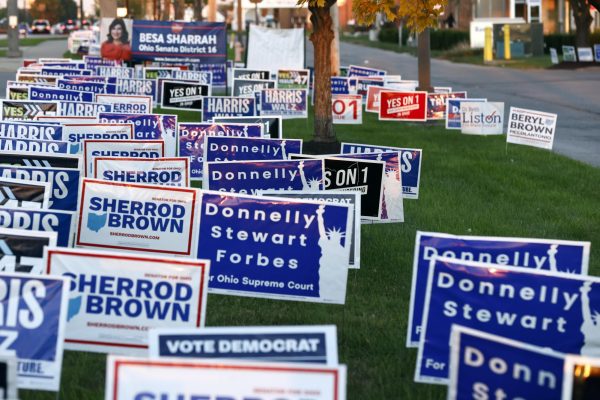Choices and Consequences

This editorial was originally published in the Maroon-News in November 2007; the following is an edited version of the original.
This next week, specifically November 11, will mark the tenth anniversary of one of the most tragic and darkest moments in Colgate’s history. I was not a member of this community at the time, but the echoes of the tragedy reached across the country all the way to the west coast where I was then working.
This tragedy continues to instruct and inform decisions at Colgate today, although for current students the accident may feel more like distant history. For those community members who were here at the time, the memory is very much present. In a swift moment, the four young individuals who were in the vehicle that crashed on Oak Drive were lost.
The driver of the vehicle, while he survived the accident, clearly had his life forever changed. The series of decisions they made that led to that defining moment could not be reversed. Yet, every day we all have opportunities to make decisions. Real decisions – and some are better than others.
Following this tragic accident on November 11, 2000, many conversations, discussions and changes took place at Colgate so that we who are here today might never experience a repeat of that tragedy. In my current role as the University’s Disciplinary Officer, I have the opportunity to discuss with students the choices they made that put them in violation of University policy or state law. Alcohol use is a common thread in the cases I review. I don’t pretend to be shocked or surprised at choices students make. The laws regarding alcohol have been broken and abused for years.
But, I do wonder if students ever consider the point at which they effectively forego the ability to control their fate when they are consuming alcohol: the moment they decide to walk home alone in freezing temperatures, the intimate experience with the person who they only recently met, the face of the person they just struck with their fist or the wheel of the car they chose to get behind. These are all avoidable situations if one makes wise choices.
Are the consequences severe for the poor choices we make? Sometimes, and appropriately, yes they are; it depends upon the magnitude of the choice made. One of the more prudent decisions made by Colgate was to institute a zero tolerance approach in regard to arrests for Driving While Intoxicated (DWI). Nationwide, all states have reduced the threshold for which an individual can be charged with a DWI (or DUI in some states). Currently all states have a .08 BAC level for drunk driving. According to our Student Handbook, if a student is arrested for driving with a .08 BAC or higher, they are subject to a very severe consequence if found responsible – at minimum, an immediate suspension for the remainder of the term (Colgate University Student Handbook 2010-2011, p. 143).
Consider this: you are investing significant resources into your education – time, energy and money. For most students, your families are making the sacrifices that make your opportunity to attend Colgate possible. Imagine it is near the end of the semester and you have progressed well in your coursework. You’ve pushed yourself hard and the results show. You may be a first-year student in your first semester or a senior in your last semester. However, if you are arrested for a DWI it all disappears. All your academic work is lost, as is the cost of your tuition. That you or other persons are unharmed is a fortunate, and more important, outcome. Yet, every second you were behind the wheel, you and possibly others were simply the next tragedy to strike our campus.
Since instituting the DWI policy, we have seen a reduction in DWI arrests. However, with the passing of time our distance from tragedy increases. But we cannot and should not allow ourselves to forget. Not for the prospect of a suspension, not for the cost of lost investments and certainly not for the cost of a lost life (perhaps your own).
We should be at a point in time where we can complete an academic year where no DWI arrests are made. Fortunately, we stand at zero arrests at the point this year. This is a first in my experience. Will there be arrests this year? You, more than anyone else, can ensure that the answer to this question remains a resounding no.






